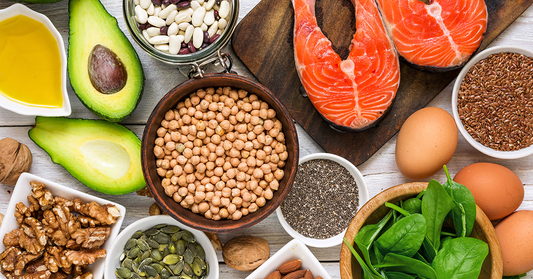News

Spring Skincare Best Practices
Spring marks a season of renewal and rejuvenation, not just for nature but also for our skin. As we bid farewell to the harsh, dry winter, it’s time to refresh...
Spring Skincare Best Practices
Spring marks a season of renewal and rejuvenation, not just for nature but also for our skin. As we bid farewell to the harsh, dry winter, it’s time to refresh...

Why Hyaluronic Acid Is the Best Thing for Your ...
Hyaluronic acid (HA) is one of the most abundant substances in skincare. It’s not just that you’ll find it in most serums and moisturizers, either. Our bodies produce it naturally,...
Why Hyaluronic Acid Is the Best Thing for Your ...
Hyaluronic acid (HA) is one of the most abundant substances in skincare. It’s not just that you’ll find it in most serums and moisturizers, either. Our bodies produce it naturally,...

The 10 best foods to maintain healthy skin
The foods we eat play a major role in our overall health, including the health of our skin. The best foods to eat for healthy skin are rich in antioxidants...
The 10 best foods to maintain healthy skin
The foods we eat play a major role in our overall health, including the health of our skin. The best foods to eat for healthy skin are rich in antioxidants...
